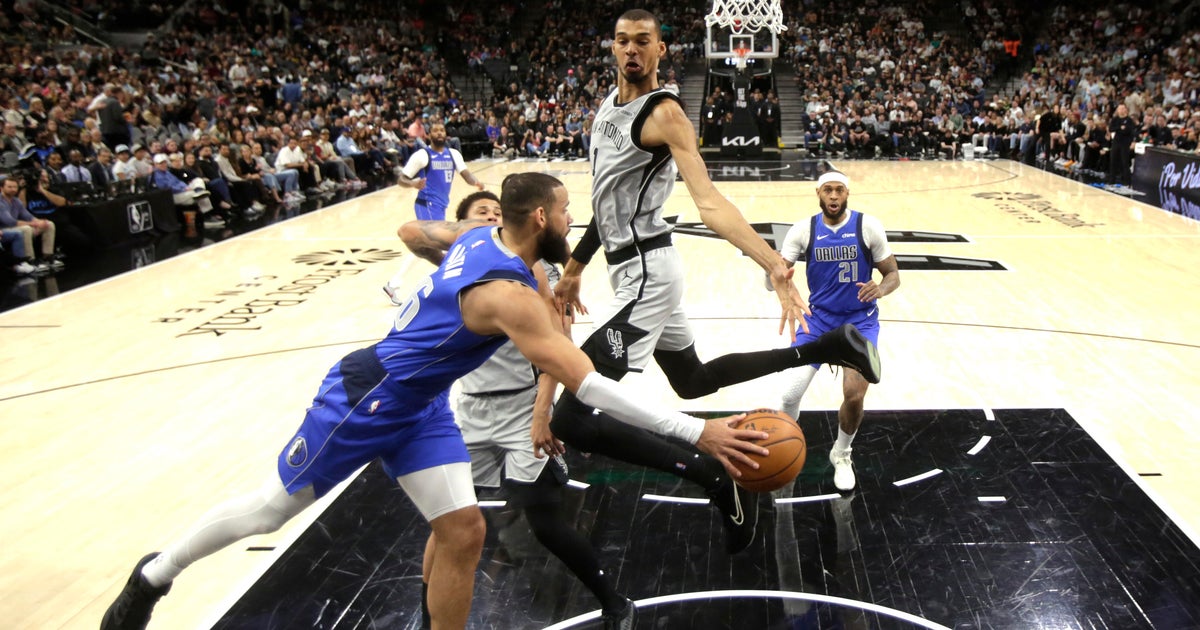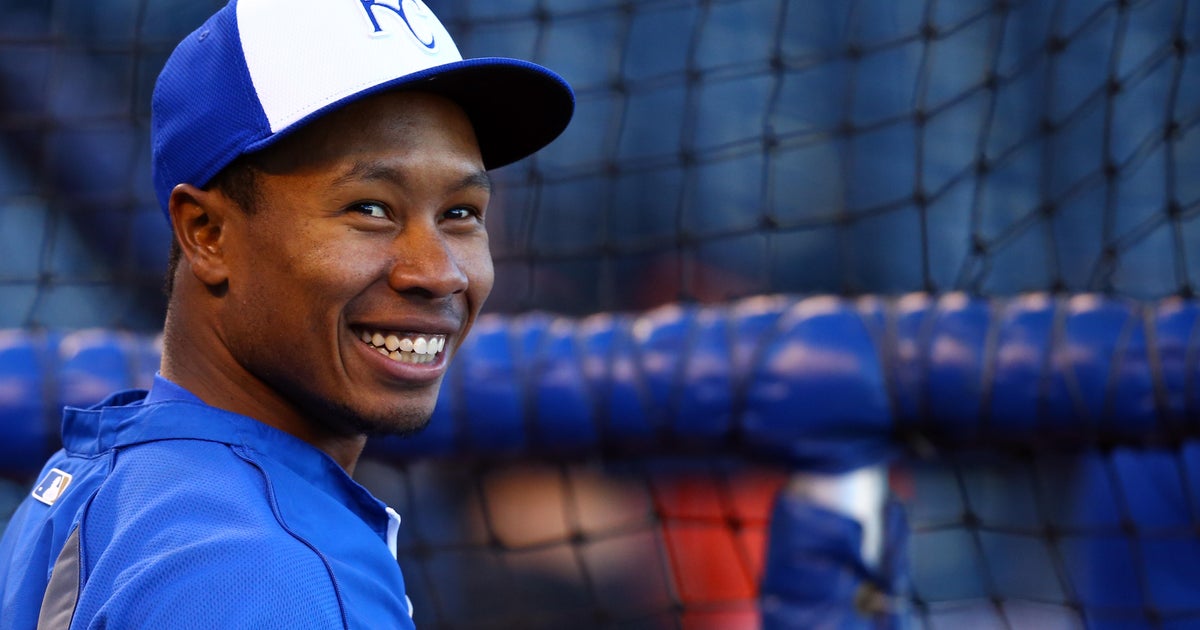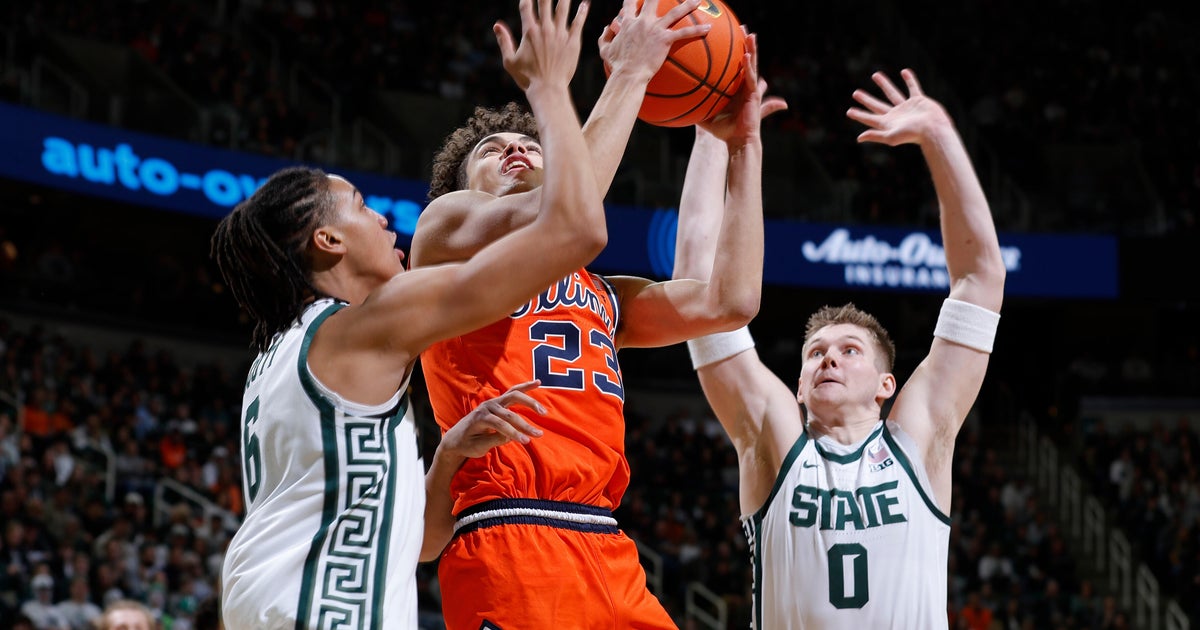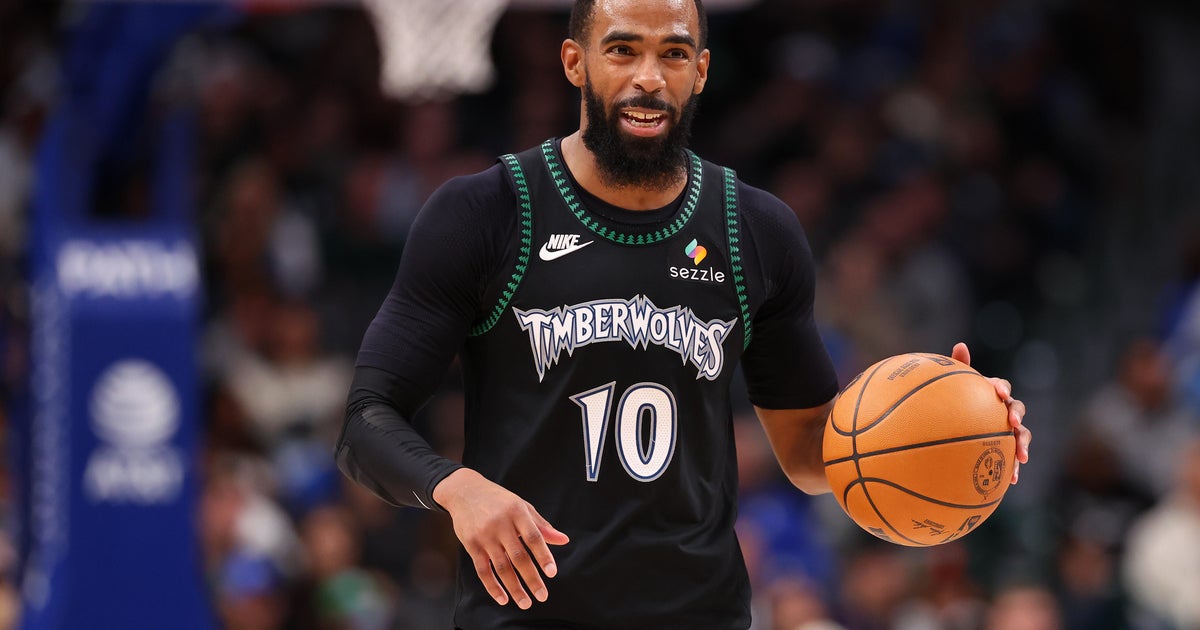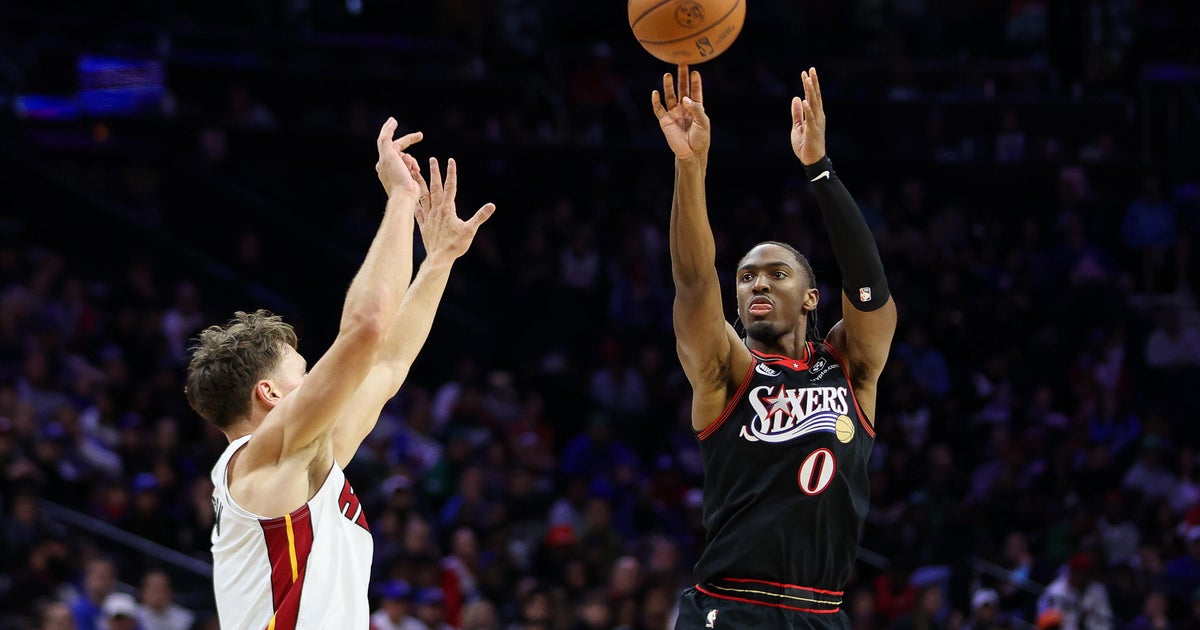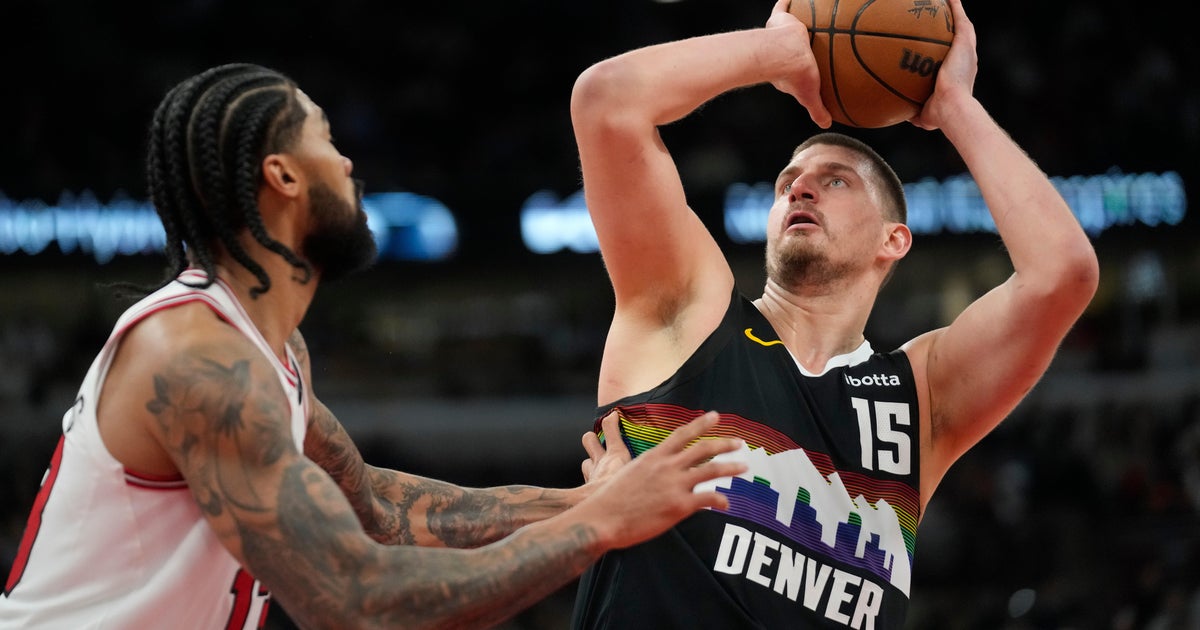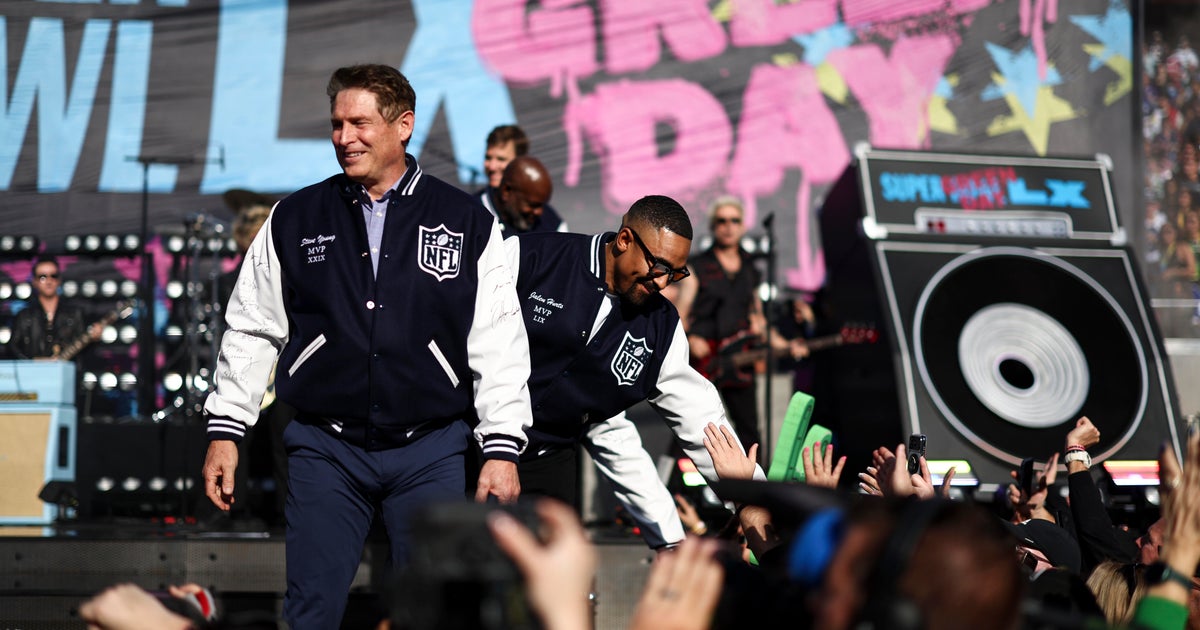Wisch: Why Can't MLB Teams Trade Draft Picks?
By Dave Wischnowsky-
(CBS) This past Monday, the Cubs finally won a game for the first time in nearly two weeks. This coming Monday, they'll try to win the opening round of their MLB Draft for the first time in nearly 20 years.
Yes, the last first-round pick to at all pan out for the Cubs was drafted so long ago that he just retired. Kerry Wood, who went fourth overall in 1995, is one of the very few first-rounders selections by the Cubs that can't be called total busts.
Ty Griffin, Earl Cunningham and Bobby Brownlie say hello.
(And there's plenty more who could.)
But with the rebuilding Cubs now being run by the heavy construction firm of Epstein, Hoyer & McLeod – a group that's hoping to draft better and smarter than the Wrigley Field brass of the past, wouldn't it be nice for the team if they could draft bigger, as well?
By that I mean, when a franchise lacks talent in the way the Cubs currently do – from the top of their lineup to the bottom of their barrel – the ballclub very well might benefit from the opportunity to transform one high draft pick into multiple lower draft picks via trade.
But the Cubs, who own the sixth overall selection in the June 4 draft, can't do that. Neither can the White Sox, who will pick No. 13. Nor can the New York Yankees, the Boston Red Sox, the Kansas City Royals or any other baseball team.
That's because, unlike in the NFL, NBA and NHL, Major League Baseball doesn't allow its teams to trade their draft choices.
Not yet, at least. But thanks to the MLB's new collective bargaining agreement, come 2013 the league will let some teams trade some picks. But only some teams. And only some picks.
And in my scorecard, that isn't enough.
According to MLB.com columnist Jonathan Mayo, in July, after the 2012 Draft signing deadline has passed, baseball's 10 smallest-market teams and 10 lowest-revenue teams will be placed in a "Competitive Balance Lottery" – a product of the new CBA – which will give each of them a chance to win one of six extra picks in 2013.
As Mayo points outs, this set-up doesn't mean there will be 20 teams in the lottery. Rather there will be crossover between the 10 smallest-market and lowest-revenue clubs, with the expectation that about 13 teams will be involved. The teams eligible for this first lottery in July are the Diamondbacks, Orioles, Indians, Royals, A's, Pirates, Padres, Rays, Reds, Rockies, Marlins, Brewers and Cardinals.
The odds of winning a draft pick through the lottery will be based on each team's winning percentage the previous season. In the 2013 Draft, the six "lottery" picks will be made at the end of the first round, but after the compensation picks for free agents.
There will then be a second group of six "lottery" picks which will be made after the conclusion of the second round. The teams from the first group that did not win one of the six early picks will be re-entered in the lottery, along with any other Major League team that receive revenue sharing.
Now, do you have all that?
If your head has stopped spinning from all those details, then here's the truly interesting twist of this whole thing: these new lottery picks can be traded, a first for Major League Baseball since the amateur draft was instituted in 1965.
But, because nothing is ever simple in baseball, there are of course conditions and limitations regarding such transactions.
For example, only a team that wins a pick in the lottery can trade it, meaning the selection can be traded just once. Picks also can't be sold for cash, and may only be dealt during the regular season. They can't be traded during the postseason or at any point in the offseason, including the Winter Meetings.
Now, with no salary cap, I understand why Major League Baseball wants to try to help its small-market teams remain competitive. Many of them need help. And a lottery designed to provide those franchises with extra draft picks is an innovative move.
But I don't at all understand why every MLB team – no matter its market or revenue – isn't allowed to trade its draft picks if it so chooses. To protect against the possibility of the wealthier franchises "buying up" picks in the draft, I would suggest that MLB only allow draft choices to be dealt for players and/or additional draft choices. They should not be allowed to be traded for cash.
That measure would maintain an even playing field. But right now, the field is actually unfairly slanted against the bigger-market and higher-revenue teams. In any given year for many franchises – even wealthy ones – a high draft choice might be the team's most valuable asset. And every team should have the freedom to deal those picks if they choose and rebuild their roster however they wish.
For example, the Washington Nationals – who are not one of the eligible "lottery pick" teams this July – certainly treasure their former overall No. 1 picks Stephen Strasburg and Bryce Harper today. But can you imagine the king's ransom of players and additional picks that Washington could have potentially commanded if it had made the top pick available in either – or both – of those years?
The Nats, of course, might have opted to say "nay" to any suitors for the top picks. But those suitors should have been allowed to make offers to Washington. And the Nationals also should have been allowed to consider them.
Just like teams in the NFL and NBA can and do.
My cry is for MLB to do away with the complexities that make Draft Day more of a headache than a pleasure. I'd urge Bud Selig & Co. to simplify the draft. Let all teams have the option of trading picks. And, in turn, let front offices try to outsmart and outmaneuver each other in new compelling ways.
Perhaps if you do, fans will even start watching the MLB Draft.
Just like those of the NFL and NBA do.
If nothing else, Dave Wischnowsky is an Illinois boy. Raised in Bourbonnais, educated at the University of Illinois and bred on sports in the Land of Lincoln, he now resides on Chicago's North Side, just blocks from Wrigley Field. Formerly a reporter and blogger for the Chicago Tribune, Dave currently writes a syndicated column, The Wisch List, which you can check out via his blog at http://www.wischlist.com. Follow him on Twitter @wischlist and read more of his CBS Chicago blog entries here.
